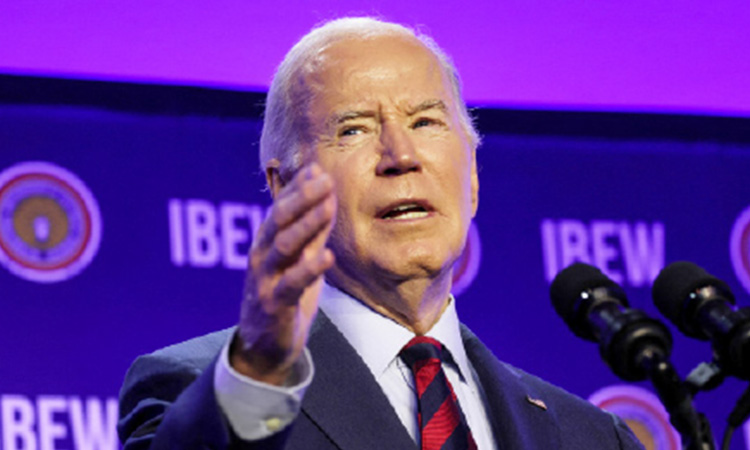Here’s how a band member can win new fans

David Evans
Steve Lopez, Tribune News Service
He’s rich. He’s famous. He wanted to build a colony of castles on a Malibu hillside, despite the years-long screams of conservationists.
But David Evans, known as “the Edge,” who strums a guitar for U2, has become an exception to the rule that with money and power, you can buy anything your heart desires.
It’s been two weeks since the California Supreme Court delivered a near-fatal blow to Evans’ planned rock ‘n’ roll colony on Sweetwater Mesa, which overlooks the Malibu Pier and offers heavenly coastal views on a plot just outside the city of Malibu.
The court decided not to review a lower court ruling that the California Coastal Commission, which gave Evans the go-ahead in 2015, did not have the authority to do so.
So what happens next?
Unclear. I asked Evans’ attorney and he said he had passed along my query to his client. But in all the years I’ve been on this story, I’ve never been able to get hold of Evans. Maybe I should have gone to a U2 concert in Ireland, like Mark Vargas did. He’s the California coastal commissioner who met Evans in Dublin and then came home to cast a vote in favor of the project. He said he paid for the Dublin trip and concert himself.
It just so happens that I have a few suggestions on what Evans might do next. But let me back up before I move forward, because there’s a David and Goliath story to be told.
Evans and his wife bought the 150 acres of land for just under $9 million in 2005 and were part of a plan to erect five ridiculously gigantic homes on an otherwise pristine ridge. If that’s not offensive enough, he wanted to call the compound Leaves in the Wind.
The Coastal Commission took a look at Evans’ plans_which included running a long water-service line through the hills, and sinking dozens of caissons into a cliff to support an access road — and said, in effect, you’ve got to be kidding. The commission rejected Evan’s claim that there were five separate owners, contending instead that limited liability corporations were used to mask his role as the only owner.
But legal manoeuvring aside, Peter Douglas, the agency’s executive director at the time, zeroed in on what was really at stake. “In my 38 years with the commission,” Douglas said at the time, “I have never seen a project as environmentally devastating as this one.”
When you’re a big-time rock ‘n’ roller, though, you must get used to having your way. Evans didn’t back down. He scaled back the size of the homes and hired a big-shot architect to design a more natural, eco-friendlier development.
And that’s not the only person Evans hired.
My colleague Jack Dolan did some math three years ago and determined that Evans paid more than 60 lawyers, lobbyists and environmental consultants over the years. His minions filed more than 70 technical reports in an effort to convince the Coastal Commission that the project would not severely impact the habitat or be a major eyesore.
Evans hired the high queen of Coastal Commission lobbying, Susan McCabe, to do his bidding. He donated a piece of the land to extend a public hiking trail and silence some critics. He gave a tour of the property to one of the weakest links on the Coastal Commission — Roberto Uranga of Long Beach. And he met with Commissioner Vargas backstage at the concert in Ireland.
Late in 2015, the commission voted 12-0 in support of Evans’ project. In a historic low point for California coastal conservation, Commissioner Wendy Mitchell posed for a photo with Evans and apologized for how long the approval took.
Goliath won that round. But David did not throw away his slingshot.
The Santa Monica Mountains Task Force of the Sierra Club raised money to hire Dean Wallraff of Advocates for the Environment, a public-interest law firm with just two lawyers.
“Dean reduced his hourly rate,” said Eric Edmunds, chair of the task force. “Nobody else stepped up to the plate and... we have a long history of fighting what we consider to be unwise... developments.”
Many suspected the odds of victory were long. But when I first got in touch with Wallraff, he was optimistic, and he remained so even after losing the challenge two years ago in Superior Court.







